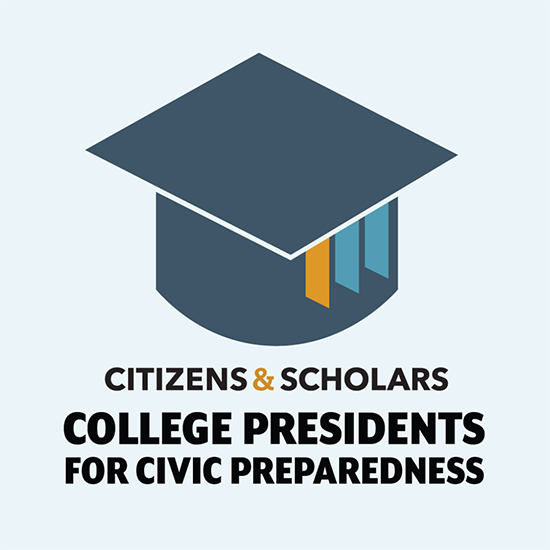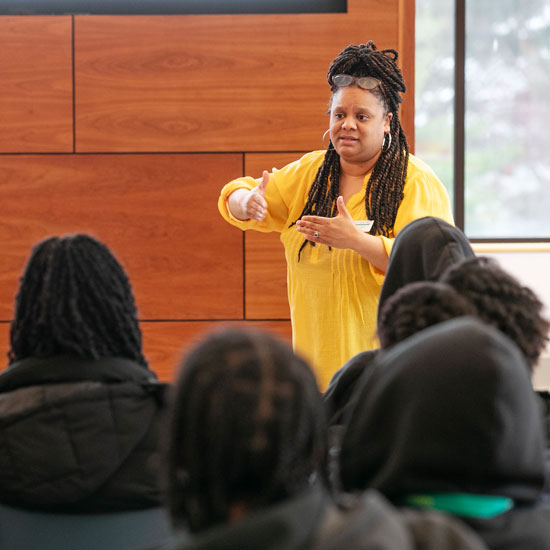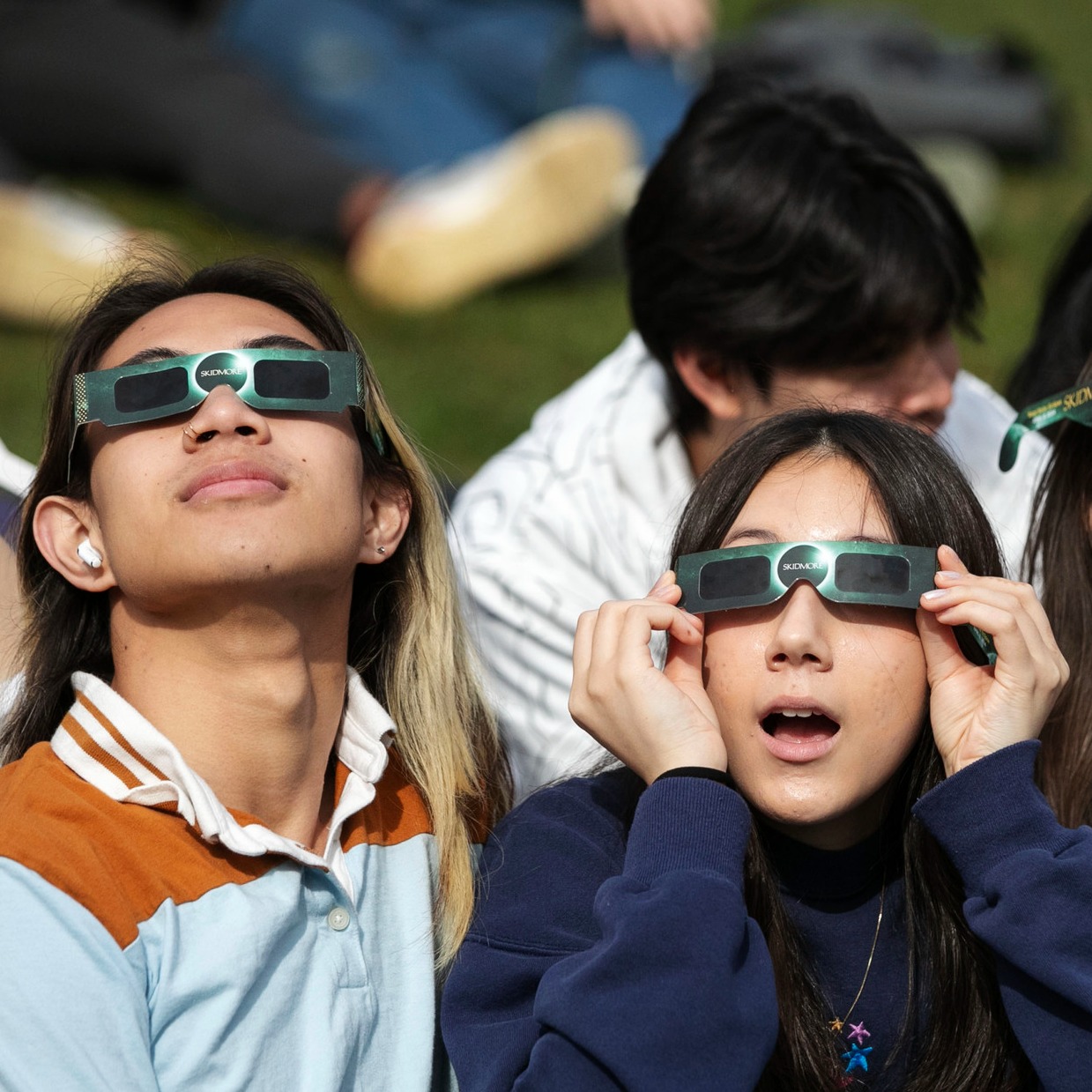From Syria to Skidmore--and Around the Globe
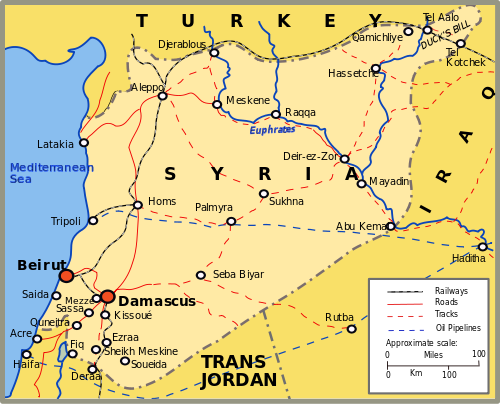
Hadia Bakkar '20 grew up in Damasus, Syria, about 200 miles from Aleppo.
Hadia Bakkar '20 passes undetected among her fellow students in Skidmore’s Case Center. Dressed in sage jeans and a deep red sweater, her eyes light against her pale olive skin, her long journey to Saratoga Springs isn’t evident at first glance.
“People don’t expect me to look so American,” she says, shrugging. With barely a trace of an accent, she adds, “They don’t expect green eyes, western clothing or someone who speaks fluent English. They’re surprised I can relate to the culture.”
Bakkar, who grew up in downtown Damascus, Syria, is just one of the students attending Skidmore through a partnership with United World Colleges (UWC). This international network of schools and colleges is focused on using education as a force to unite diverse people, bring peace, and create a sustainable global future. For the past two years, she’s been studying at UWC-USA, in Montezuma, NM, about an hour south of Santa Fe.
“Even before that, at home, I was obsessed with Gossip Girl and everything about American culture,” she says.
Bakkar’s adventures began about four years ago, when she saw a Facebook post from UWC’s Syrian National Committee inviting interested students to apply for the program. After submitting an essay in English, passing tests in English and Arabic, and going through multiple interviews, she was accepted into UWC and assigned the U.S. campus. Only then could she navigate the U.S. visa process, which she calls “very challenging.”
At UWC-USA, Bakkar took part in the pre-university International Baccalaureate Diploma Program, made up of courses similar to the Advanced Placement work in many U.S. high schools.
“I changed as a person,” she says, her eyes widening. “UWC helped me gain passion. It really increased my knowledge about how much the conflict at home affected my identity and my experiences.”
Last spring, Bakkar made the decision to continue her education at Skidmore after meeting with an admissions rep and visiting the campus. The climate change isn’t the only difference she’s noticed between the schools. UWC is made up of students from every part of the world. Skidmore actually seems less diverse, in comparison. Students at UWC shared political and international interests, while she’s found those at Skidmore to be quirky, artsy, and very open.
“Sometime people expect it to be ‘us’ and ‘them,’ when the line isn’t so clearly defined. I feel like I can relate to people and that I have the ability to change perceptions,” she says. “At the same time, this is a very accepting community of things like gender identity and fluidity, for example. They’re things that I had no exposure to before and I’m getting to learn a lot about here.”
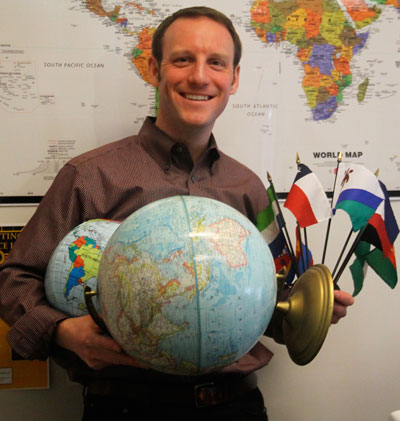
Darren Drabek, Student Academic Services.
Fostering International Friendships
That’s exactly what Darren Drabek, Academic Counselor/Coordinator of International Students, likes to hear. “I advise our international students to ‘take advantage’ of their American friends—in a positive way! Some of them build lifelong relationships.”
Academically, international students bring a different voice to the classroom, Drabek says, noting Skidmore’s primarily suburban American student body. “Sometimes, that’s a singular voice or a reluctant voice. Tactful faculty members create the opportunity to share firsthand experiences.”
Davis UWC Scholars are beneficiaries of a national private grant program that funds U.S. undergraduate education for promising UWC graduates. Drabek recalls the first of these students to attend Skidmore in 2004, a young man who had been imprisoned with his father during the civil war in Sierra Leone. After attending UWC Norway, he joined the Skidmore community—and he continues to return to campus each year to speak with classes.
“Every year, we’re enrolling students from conflict regions,” Drabek says. “Some of these students have had clear disruptions at the primary school level, but they kept going to overcome and get here.”
However, Skidmore recruits from 33 to 35 countries every year—many of which are stable. China, for example, has been the largest growth group for the last four years.
“Even when I think my worldview is pretty broad, these students are constantly expanding it,” Drabek says.
In business and entrepreneurship competitions, particularly, he finds that international students engage almost disproportionately. “They take advantage of every moment. They know they don’t have a free bed post-graduation if they want to stay and work in the U.S. That leads to lots of U.S. and international cooperation in these events.”
As a result, students from the U.S. and abroad gain social capital and a potential network of people to work with later as co-investors, coworkers, donors and collaborators.
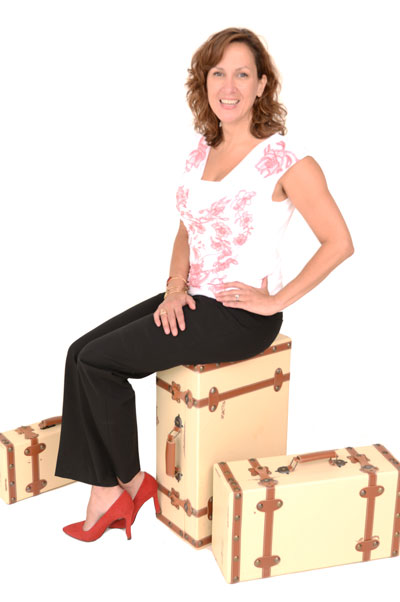
Cori Filson, Off-Campus study & Exchanges
Taking Skidmore (Safely) Abroad
In addition to expanding the diversity of the student body, Skidmore is intent on expanding the diversity of global experiences offered to students.
“The only place we won’t allow students to go are countries that are under active Department of State warnings,” says Cori Filson, Director of Off-Campus Exchanges. “These are post-9/11 kids. Global conflict is their reality. They’re pretty good about self-selecting their destinations.”
Still, Filson and her team check program partners’ safety and security plans to be sure they are “reasonable and feasible for that specific area of the world—which is different in London than in Mongolia.”
“We also ask students to consider what they think of themselves,” she says. “They need to be aware of their privilege, sexual identity, gender, racial or religious identity here—and how people may interact with them differently based on those things.”
Filson stresses that safety and security concerns are real and that Skidmore doesn’t take them lightly. “That said, in this time of increased interconnectedness, it’s even more important to learn first-hand about other cultures and belief systems—and about themselves in those contexts. I applaud our students who take the opportunity!”
Looking to the Future
As for Bakkar, she plans to double-major in political science and economics, with an eye toward doing fieldwork in the Middle East with the UN and Human Rights Watch. In that, she’ll be carrying on a family tradition. Her father is a district manager for the UN World Food Programme in Syria, where he’s been instrumental in getting food to Homs and other areas where the war has created scarcities.
“I’m passionate about this because I can actually say what’s happening in my country, and then be able to help others,” Bakkar explains.
Bakkar says that her experience has been very different from that of many fellow Syrians. Her neighborhood is one of the safest areas of the country and “very rarely bombed.” And because of her father’s U.N. job, her family has been free to travel, and has had a stable income. “Other people are making 50 percent of what they used to get, if that,” she says, adding with a wry twist of the lips, “I am a very privileged Syrian.”
A frown creases her forehead when she talks about her family, though. They seem so relaxed when she talks to them, even when she knows the war is ongoing.
“I worry that people are getting used to that lifestyle. You see children working, or playing in the streets, when they should be in school. Families who have left their homes seem to be normalizing their experiences because they have no other choice,” she explains. Her voice takes on a sudden strength. “It’s not good, in the long run, for people to adapt to that life. It’s not good for them to do that."
